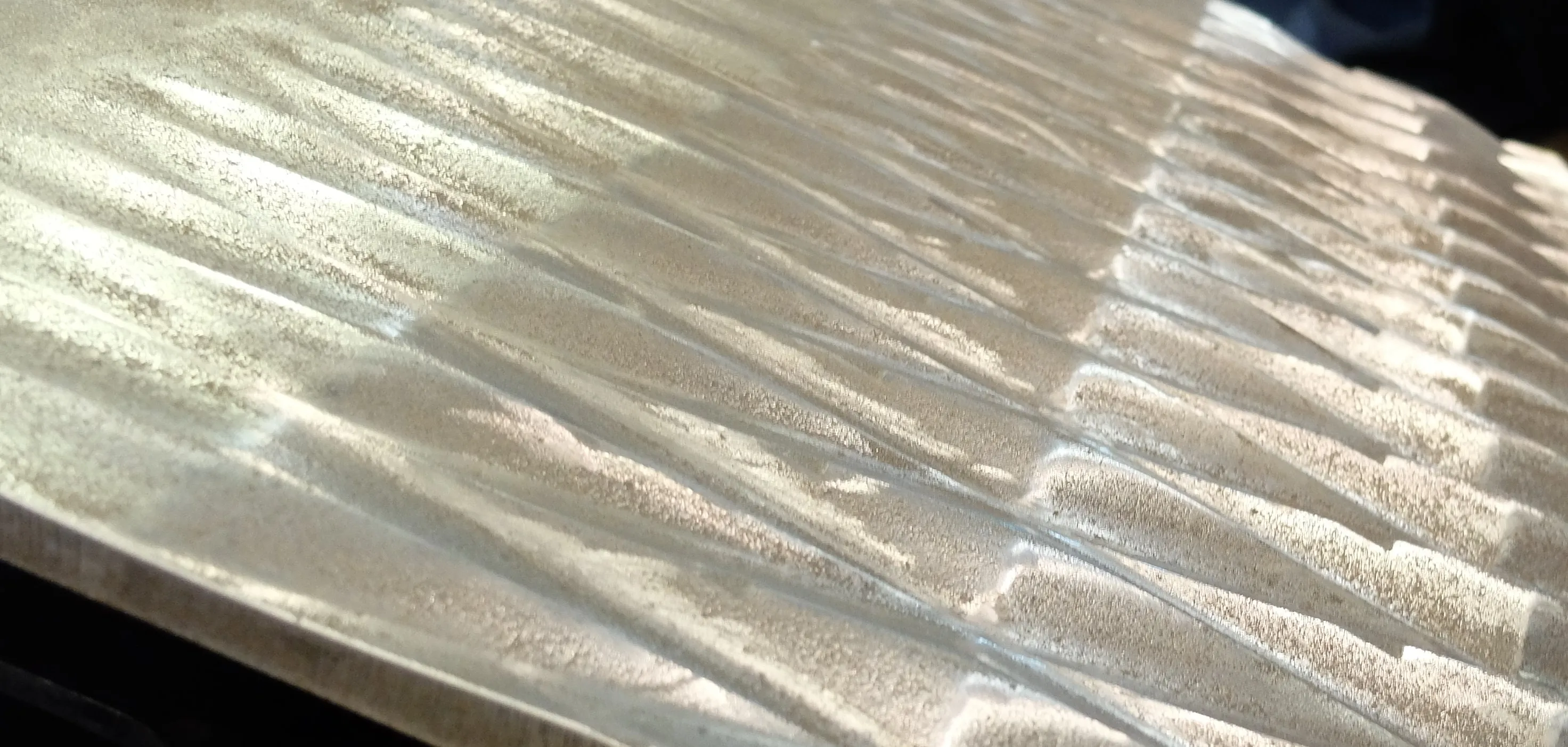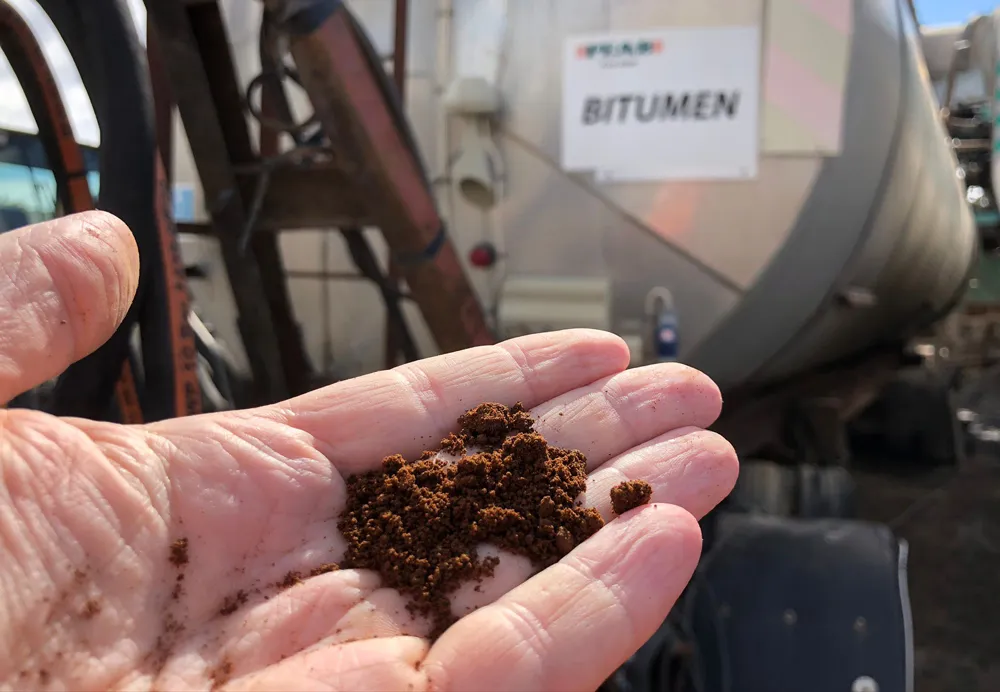A German team has developed a new long-life lithium ion battery suitable for use in electric vehicles. Criticisms of existing electric vehicles have highlighted factors such as the need to replace batteries during the life of the vehicle, at substantial cost to the owner. However this new technology is said to be able to deliver 85% of the original battery performance even after being charged 10,000 times, or around 27 years. This development suggests that the batteries could even outlast the vehicles being
June 12, 2013
Read time: 2 mins
A German team has developed a new long-life lithium ion battery suitable for use in electric vehicles. Criticisms of existing electric vehicles have highlighted factors such as the need to replace batteries during the life of the vehicle, at substantial cost to the owner. However this new technology is said to be able to deliver 85% of the original battery performance even after being charged 10,000 times, or around 27 years. This development suggests that the batteries could even outlast the vehicles being powered. The work has been carried out by the Zentrum für Sonnenenergie- und Wasserstoff-Forschung Baden-Württemberg. The innovative batteries offer high storage densities of up to 1.1kW/kg, allowing for good acceleration and performance and these units well exceed the current requirements for electric vehicle batteries to be able to deliver 80% of charge after 10 years of use. The research has been funded jointly by the German Federal Ministry of Education and Research (BMBF) and the German Federal Ministry of Economics and Technology (BMWi). Further research and development work is planned, to test the technology's implementation into large cells.








